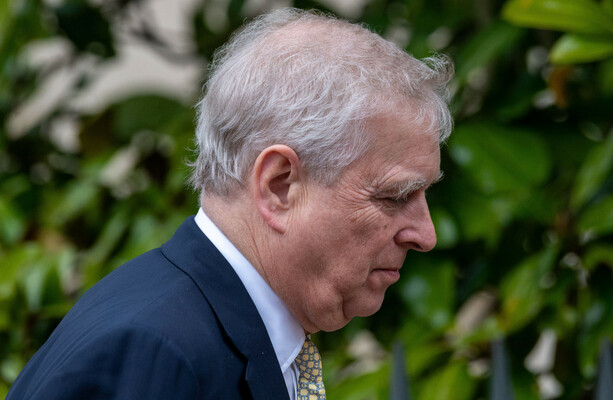Freising’s Innovative approach to HIV/AIDS Education Engages hundreds of Students
In observance of World AIDS Day, the freising Health Department launched a groundbreaking youth film project in partnership with the Rosenhofkino Moosburg.The two-day event, held in early December, successfully reached 480 students from eighth grade and up, providing crucial education on HIV/AIDS transmission, prevention, and societal impact.
The program began with interactive learning stations in the foyer, focusing on transmission routes, protective measures, and the global HIV landscape. This hands-on approach immediately engaged students, setting the stage for the impactful film screenings to follow.
Students viewed films such as “Dallas Buyers Club,” “The Prodigal Son,” and “Love Simon,” each offering unique perspectives on HIV, AIDS, discrimination, and social acceptance. These diverse narratives provided a powerful foundation for subsequent discussions.

Following the screenings, health department social educators facilitated lively group discussions.”The discussions allowed for open dialog about often taboo topics,” explained one educator. These facilitated conversations provided a safe space for students to ask questions and share concerns.
The project emphasized comprehensive knowledge dissemination. Educators explained that HIV, the Human Immunodeficiency Virus, attacks the immune system, potentially leading to AIDS. While modern therapies allow for largely normal lives, “there is no cure and currently no vaccination,” highlighting the critical importance of prevention through education and protective measures.
Students grappled with vital questions: “How is HIV transmitted? Who can be affected? How can you protect yourself? And where can you get tested?” The program’s success underscores the need for creative and sustainable educational initiatives addressing these critical issues.
The freising initiative serves as a model for other communities seeking to effectively educate youth about HIV/AIDS. The combination of interactive elements,impactful films,and moderated discussions created a lasting impact,fostering awareness and promoting responsible behavior.This innovative approach demonstrates the power of creative education in tackling sensitive public health challenges.
Freising’s Film-Focused HIV/AIDS Education: An Interview with Dr. Maria Sanchez
Senior Editor: Welcome back to World Today News.Joining us today is Dr. Maria Sanchez, a leading expert on HIV/AIDS education and prevention. Dr. Sanchez, thanks for being with us.
Dr. Sanchez: My pleasure. I appreciate the opportunity to shed light on this critically important subject.
Senior Editor: We’re here to discuss the groundbreaking youth HIV/AIDS education program recently launched by the Freising Health Department. What struck you most about their approach?
Dr.Sanchez: I was incredibly impressed by the innovative and multifaceted approach thay took. Combining interactive learning stations with impactful films like “Dallas Buyers Club” and “Love Simon,” followed by moderated discussions, created a truly dynamic and engaging experience for the students.
Senior Editor: those are really powerful films to choose for this demographic. Why do you think this approach is so effective?
Dr. Sanchez: Adolescents frequently enough respond better to experiential learning and open dialog. Films can definitely help them connect emotionally with the realities of HIV/AIDS, while the discussions provide a safe space to ask questions and address any misconceptions they might have
Senior Editor: It’s not always easy to engage teens on such a sensitive topic. What role do you think these open conversations play in prevention?
Dr.Sanchez: Open conversations are absolutely crucial.They help break down stigma and shame surrounding HIV/AIDS, making it easier for young people to seek details and make responsible decisions about their sexual health. By creating a welcoming environment where questions are encouraged, we empower them with the knowledge they need to protect themselves.
Senior Editor: The freising program reached almost 500 students.Do you see this as a model that could be replicated in other communities?
Dr.Sanchez: Absolutely. This program’s success demonstrates the power of creative, youth-centered education. With the right resources and partnerships, I believe this model can be adapted and implemented in communities worldwide, helping to combat HIV/AIDS through awareness and education.
Senior Editor: Dr. Sanchez, thank you for your expertise and insight. This has been a truly informative conversation.
Dr. Sanchez: Thank you for having me.

